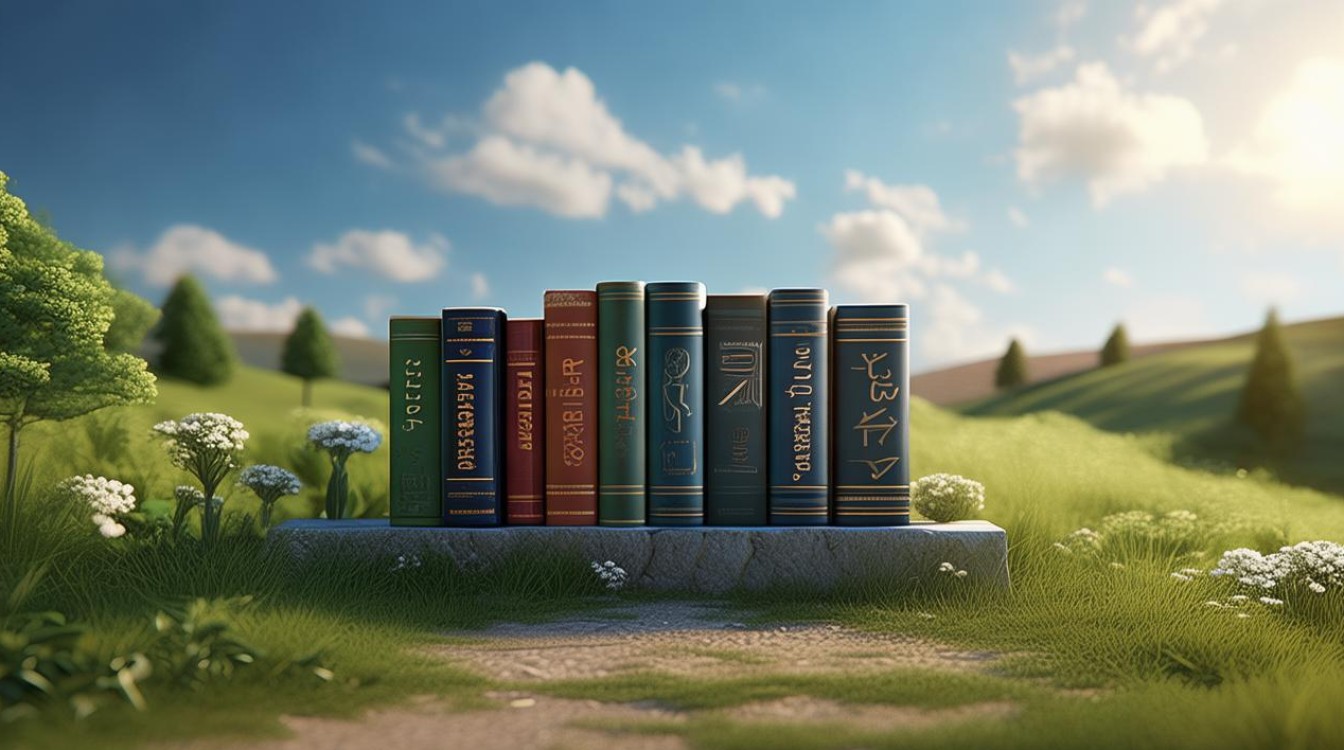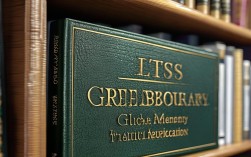The English language is full of fascinating patterns, and one of the most interesting is words that begin and end with the same letter. Today, we’ll dive into words that start and end with "y." These words are not only fun to discover but also useful for expanding vocabulary, solving word puzzles, or even naming creative projects.

Why Focus on "Y" Words?
The letter "y" is unique because it often functions as both a vowel and a consonant. This dual role makes "y" words versatile and sometimes tricky to spell. Words that start and end with "y" are relatively rare, which makes them stand out. Whether you're a writer, student, or word enthusiast, knowing these terms can add flair to your language skills.
Common Words Starting and Ending with "Y"
Let’s explore some well-known examples:
-
Yearly – Meaning "occurring once every year," this word is often used in contexts like reports, events, or subscriptions. Example: "The company publishes a yearly financial statement."
-
Yucky – An informal term describing something unpleasant or distasteful. Example: "The soup tasted yucky after sitting out too long."
-
Yummy – A playful way to say something is delicious. Example: "The homemade cookies were absolutely yummy."
-
Yappy – Describing a dog that barks frequently or a person who talks too much. Example: "The neighbor’s yappy dog kept everyone awake."

-
Yucky – Another variation of "yucky," emphasizing disgust.
Less Common but Intriguing "Y" Words
Beyond everyday language, some obscure words fit this pattern:
-
Yesteryear – A poetic term referring to the past, often with nostalgia. Example: "The film captured the charm of yesteryear."
-
Yarely – An archaic adverb meaning "quickly" or "readily." Example: "The ship responded yarely to the captain’s commands."
-
Yeasty – Describing something containing yeast or figuratively lively and energetic. Example: "The dough smelled yeasty as it rose."
Technical and Scientific Terms
Certain specialized fields use "y" words that fit this pattern:

-
Yttrium – A chemical element (symbol: Y) used in alloys and electronics. Example: "Yttrium is crucial for producing LED screens."
-
Yabby – A term for small freshwater crayfish in Australia. Example: "We caught yabbies in the creek during summer."
Playful and Creative Uses
Words like "yummy" and "yappy" show how "y" words can add a lighthearted tone. Writers and marketers often use them to create catchy phrases or brand names. For instance:
- A bakery might name a product "Yummy-Yummy Bites."
- A pet store could advertise "Quiet Toys for Yappy Pups."
Challenges with "Y" Words
While these words are fun, they can pose spelling and pronunciation challenges. For example:
- "Yttrium" is pronounced "IT-ree-um," which might confuse beginners.
- "Yarely" is rarely used today, so its meaning isn’t widely known.
How to Remember These Words
To master these terms, try these tips:
- Flashcards: Write the word on one side and the definition on the other.
- Word Games: Play Scrabble or crossword puzzles focusing on "y" words.
- Daily Use: Incorporate one "y" word into conversations or writing each day.
Fun Facts About "Y" Words
- The longest common English word starting and ending with "y" is "yesteryear."
- "Y" is one of the least frequently used starting letters in English, making these words unique.
- In word games, "y" can be a high-scoring letter due to its versatility.
Expanding Your Vocabulary
Learning words like these isn’t just about memorization—it’s about appreciating language’s quirks. Here’s how to explore further:

- Read Widely: Literature, poetry, and scientific articles often include rare words.
- Use a Thesaurus: Look up synonyms for common words to discover new options.
- Join Word-Lover Communities: Online forums or local clubs can share fascinating finds.
Final Thoughts
Words that start and end with "y" are a small but vibrant part of English. They range from everyday terms like "yummy" to scientific names like "yttrium." Whether you're crafting a story, solving a puzzle, or just love language, these words offer a delightful challenge. Keep exploring, and you’ll uncover even more hidden gems in the dictionary.
Next time you encounter a "y" word, take a moment to appreciate its uniqueness. Language is full of surprises, and these words are proof of its endless creativity.


